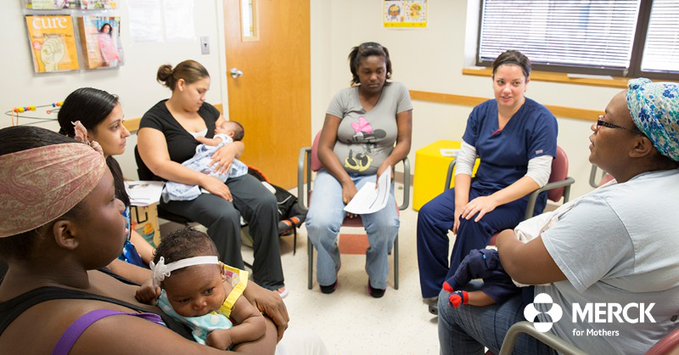Mars, Inc. has launched #HereToBeHeard, a campaign to raise the voices of women and advance gender equality in businesses and the workplace.

As part of the company’s Full Potential platform for action on gender equity in its workplaces, sourcing communities, and the marketplace, #HereToBeHeard asks women everywhere: “What needs to change so more women can reach their full potential?” The responses will inform the concrete actions Mars will take – both within its value chain and in broader society – to close the gender opportunity gap.
Victoria Mars, Mars Board Member and ambassador of Mars’ Full Potential program: “Women have played a powerful role in our history and leadership at Mars. But we have more to do. We’re striving to empower more women within our workplace, and across our extended value chain.
Read More









